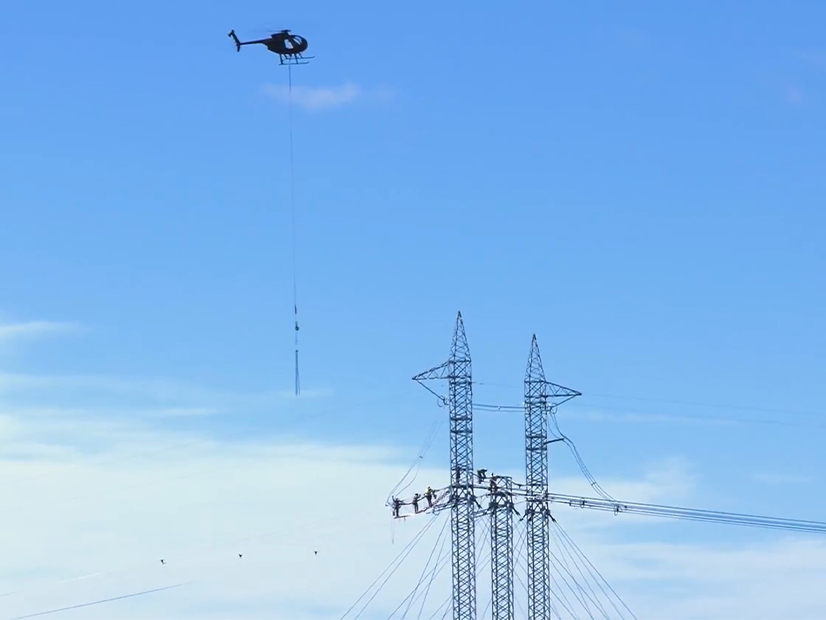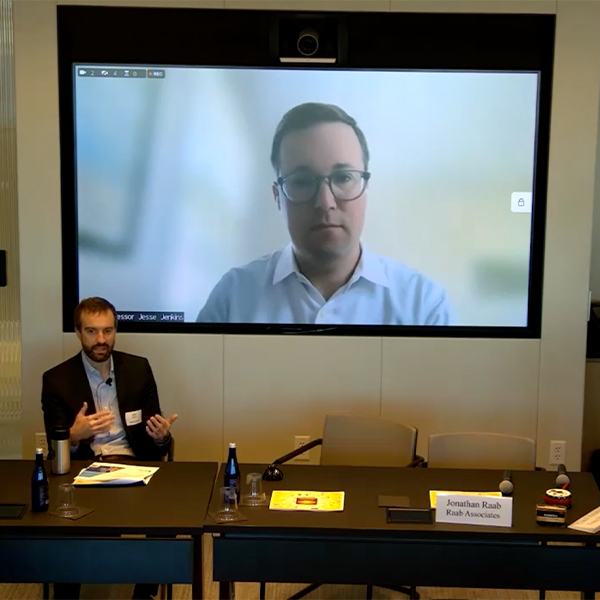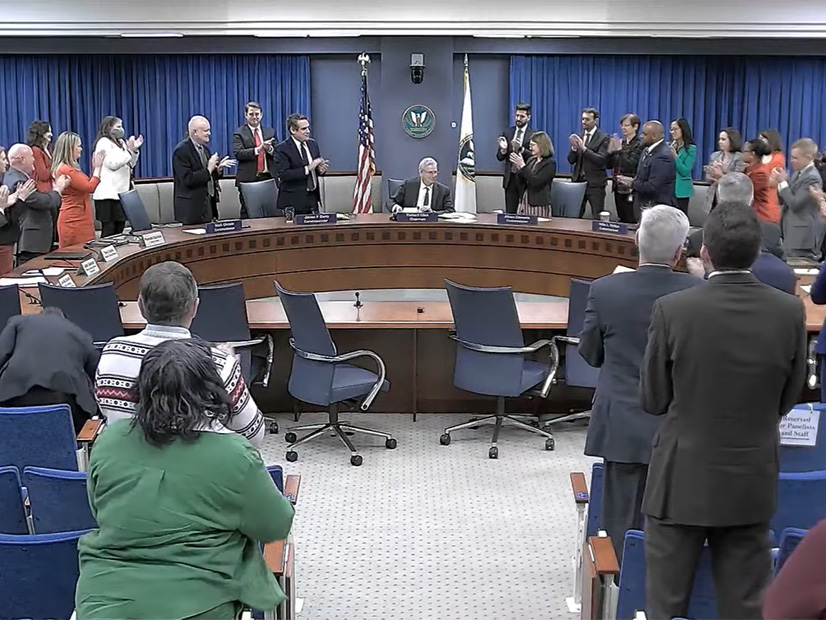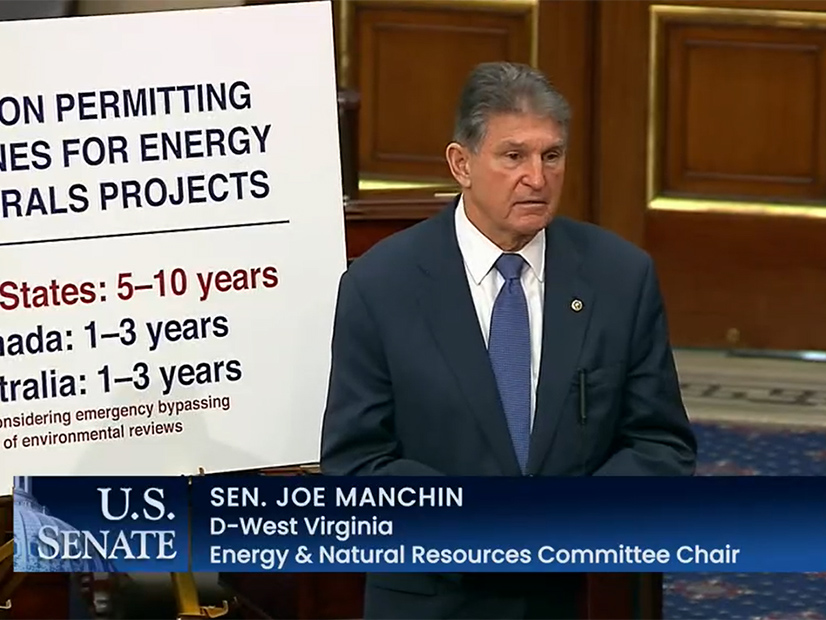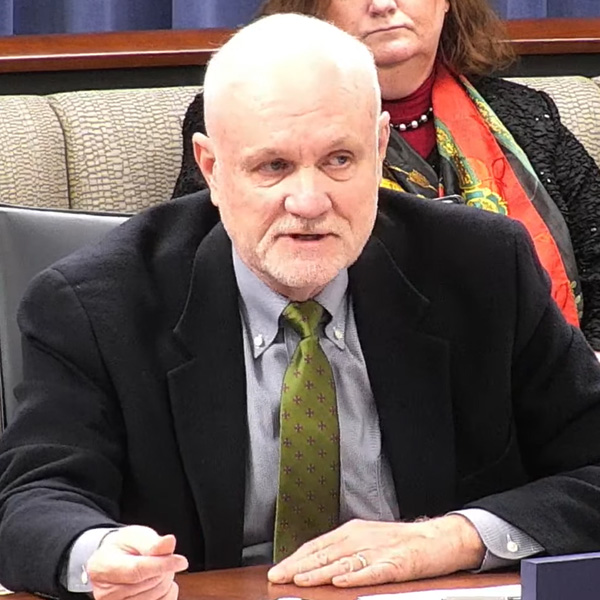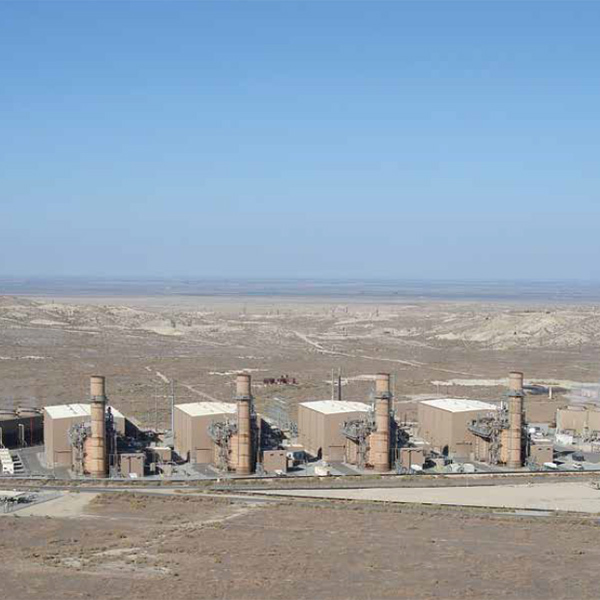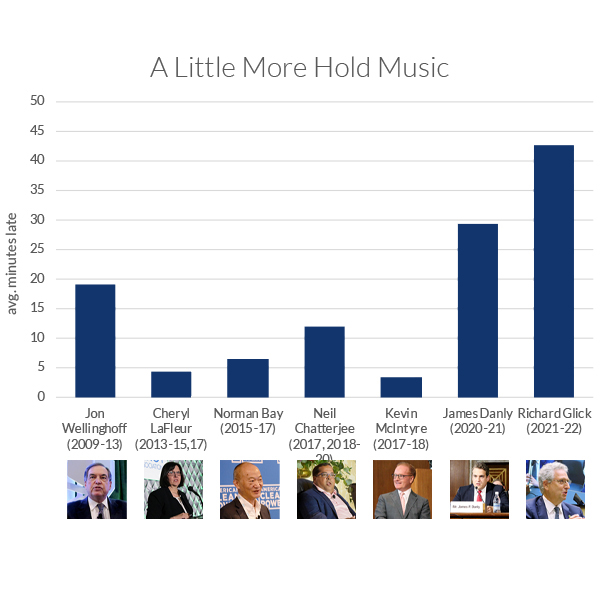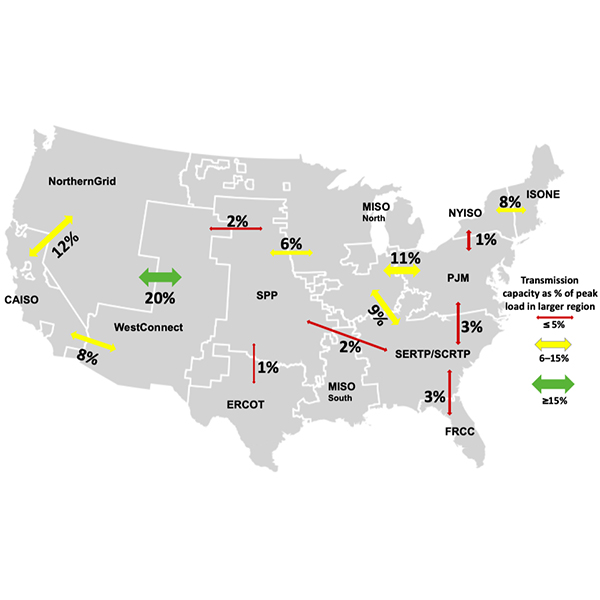FERC & Federal
The Federal Energy Regulatory Commission is an independent regulatory agency that oversees the transmission of electricity, natural gas and oil in interstate commerce, as well as regulating hydroelectric dams and natural gas facilities.
FERC upheld its prior ruling blocking MISO transmission owners from electing to self-fund network upgrades needed for merchant HVDC lines.
FERC continues to sanction MISO’s separate-but-equal postage stamp rate that is divided between its Midwest and South regions for major transmission buildout.
Experts extolled the virtues of more granular clean energy purchasing at Raab Associates’ New England Electricity Restructuring Roundtable.
FERC Chair Richard Glick said he will leave the commission when Congress adjourns, ending five years as a federal energy regulator.
The Senate rejected Sen. Joe Manchin’s bid to tag his controversial permitting bill to the National Defense Authorization Act.
FERC approved a Notice of Proposed Rulemaking that would pave the way for overriding state regulators’ rejections of certain transmission projects.
FERC restarted a hearing in a dispute over an interconnection agreement that would reduce transmission capacity for a 20-year-old gas-fired plant in California.
FERC meetings began an average of almost 42 minutes late during Richard Glick’s chairmanship — the longest of the seven commission chairs since 2010.
In a workshop, FERC commissioners and stakeholders debated the pros and cons of requiring minimum transfer capability between regions to promote reliability.
Republicans and Democrats shared their ideas for the implementation of the Inflation Reduction Act at ACEEE’s Energy Efficiency Policy Forum.
Want more? Advanced Search

